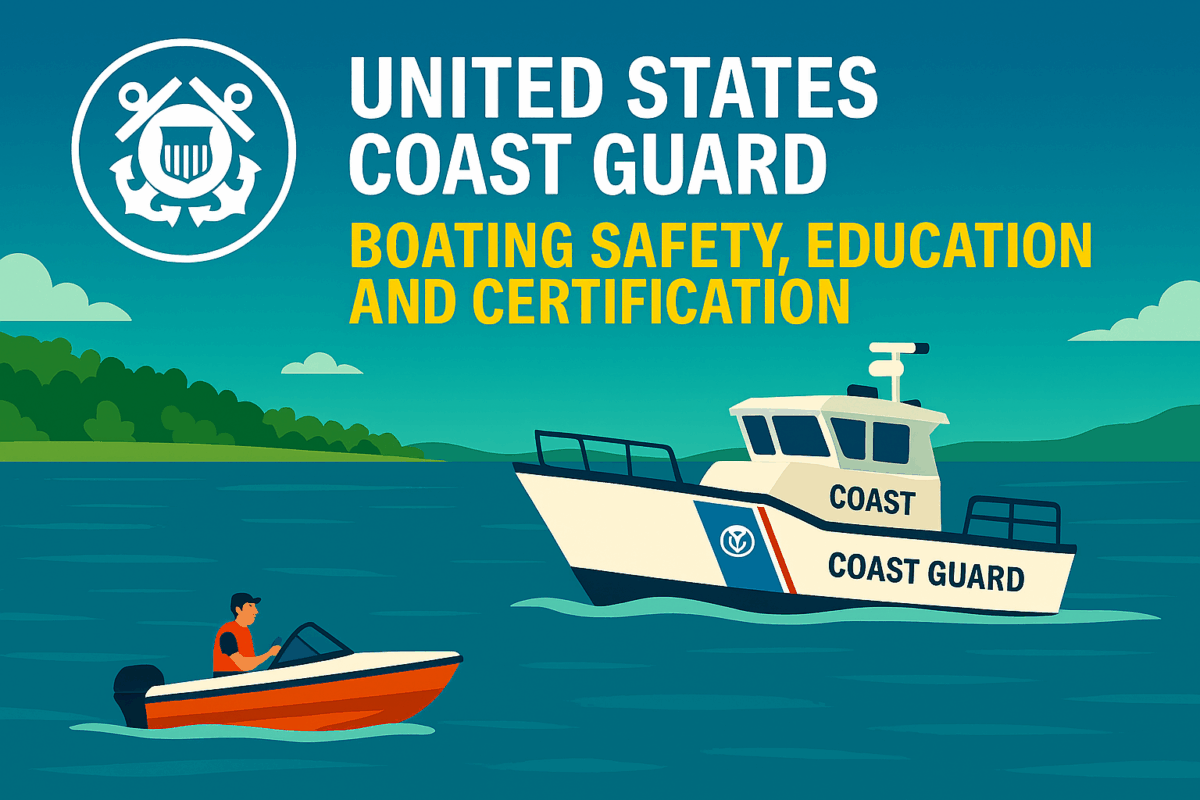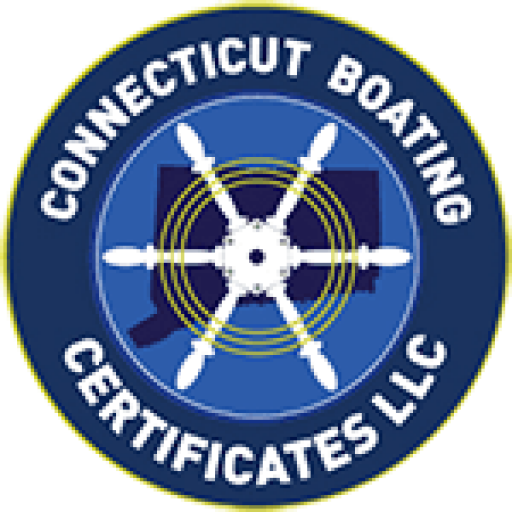Call: 1-800-832-7191

USCG Vessel Safety Checks
What to Expect During USCG Vessel Safety Checks
USCG Vessel Safety Checks help boaters stay safe and compliant with federal regulations. These inspections are free and voluntary. Trained examiners review essential equipment, including life jackets, fire extinguishers, and navigation lights. Boaters receive a decal if their vessel meets all requirements. Because safety is the top priority, these checks focus on prevention and education. They also reduce the risk of accidents and fines. Every boater benefits from understanding what inspectors look for during these evaluations.
Safety Equipment and Compliance Tips
Inspectors check for properly sized life jackets, working sound-producing devices, and visible registration numbers. They also verify fire extinguisher placement and expiration dates. Boaters should ensure their navigation lights function correctly before scheduling a check. Because requirements vary by vessel type and size, preparation matters. Reviewing the checklist ahead of time saves time and avoids surprises. These checks also include discussions about local boating laws and seasonal hazards. Staying informed helps boaters make safer decisions on the water.
Benefits of Scheduling a Safety Check
Scheduling a safety check offers peace of mind. Boaters learn about potential issues before they become emergencies. These inspections also promote responsible boating habits. Because they are educational, boaters can ask questions and receive expert advice. Many insurance providers offer discounts for vessels that pass safety checks. That incentive encourages more boaters to participate. Additionally, displaying the safety decal shows a commitment to safety and compliance. It also signals to law enforcement that the vessel meets basic standards.
Promoting Awareness Through USCG Vessel Safety Checks
USCG Vessel Safety Checks raise awareness about boating safety across communities. These checks often occur at marinas, boat ramps, and public events. Volunteers from the Coast Guard Auxiliary conduct most inspections. Their presence encourages conversations about safety and preparedness. Because boating conditions change, regular checks help boaters stay current. Sharing information about these checks on social media or boating forums increases participation. More awareness leads to fewer accidents and better outcomes during emergencies.
How to Prepare and Participate
Boaters can schedule a safety check online or through local Coast Guard Auxiliary units. Preparation involves reviewing the official checklist and inspecting equipment. Because the process is straightforward, most checks take less than 30 minutes. Boaters should be present during the inspection to ask questions and learn more. After passing, they receive a decal valid for one year. If issues arise, examiners explain how to correct them. That guidance helps boaters improve safety without penalties or citations.
